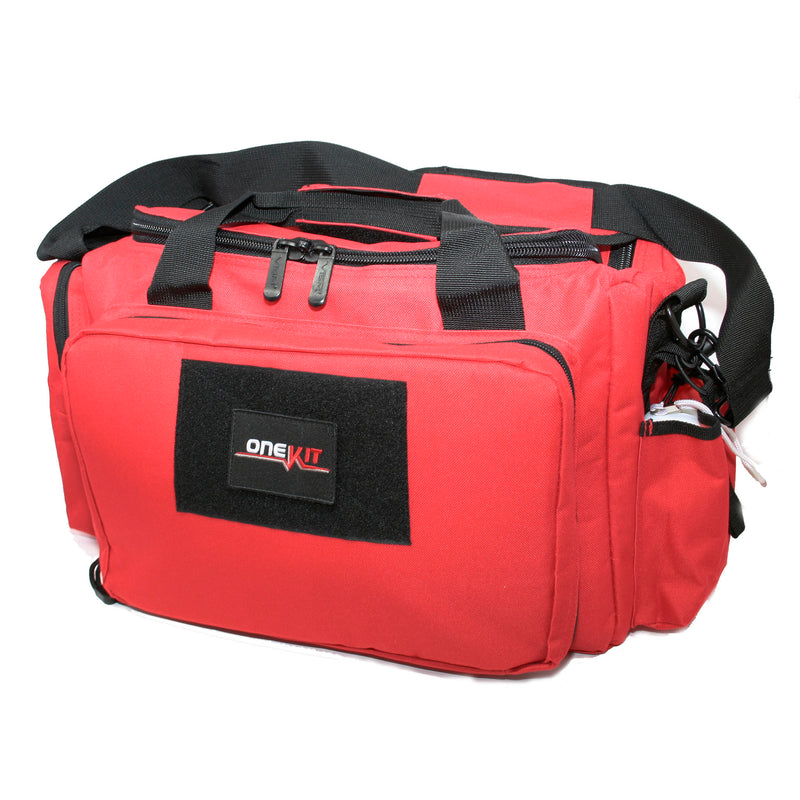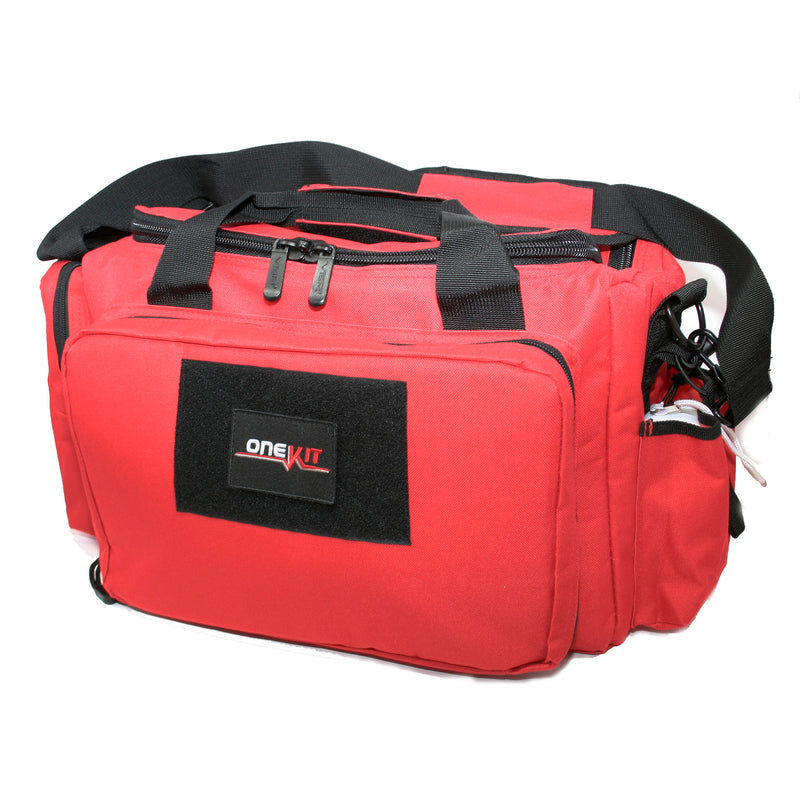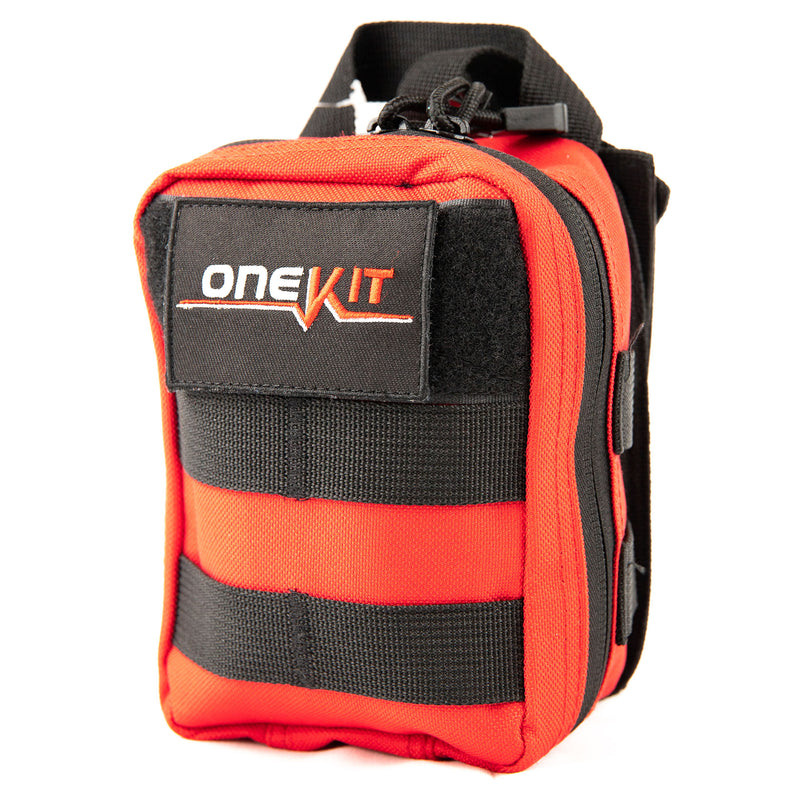
Must-Have Items for a Complete First Aid Kit
Introduction: The Importance of a Well-Equipped First Aid Kit
In today's fast-paced world, accidents and emergencies can happen at any time, in any place. Whether it's a minor cut or a more serious injury, being prepared with a complete first aid kit can make all the difference in ensuring prompt and effective care. A well-equipped first aid kit is an essential tool for every home, workplace, and outdoor adventure. In this comprehensive guide, we will explore the must-have items for a complete first aid kit, providing you with the knowledge and resources to be prepared for any emergency situation.
Must-Have Items for a Complete First Aid Kit
Bandages: The Foundation of Wound Care
One of the fundamental components of any first aid kit is an assortment of bandages. From cuts and scrapes to blisters and burns, having an ample supply of bandages in various sizes and shapes ensures that you can properly dress wounds and protect them from further damage or infection. Some essential types of bandages to include are:
Antiseptics: Keeping Infections at Bay
In order to prevent infections in wounds, it is crucial to have antiseptics on hand. These substances help cleanse the wound area by killing bacteria, reducing the risk of complications. Some essential antiseptic items to include in your first aid kit are:
Medications: Providing Relief and Comfort
A complete first aid kit should also contain a selection of essential medications to alleviate pain, reduce inflammation, and address common ailments. These medications can offer temporary relief while professional medical help is sought. Some must-have medications for your first aid kit include:
Tools and Instruments: Assisting in First Aid Procedures
Apart from bandages and medications, a well-prepared first aid kit should Emergency Medical Kit also include various tools and instruments that aid in administering first aid procedures effectively. These items not only assist in wound care but also enable you to provide basic life support if needed. Some essential tools to consider adding to your first aid kit include:
Personal Protective Equipment: Ensuring Safety for All
In light of recent global health crises, it is crucial to include personal protective equipment (PPE) in your first aid kit. These items are essential for protecting both the responder and the patient from potential contamination. Some must-have PPE items for your first aid kit include:

FAQs about Must-Have Items for a Complete First Aid Kit
Q: What is the best first aid kit in Texas? A: The best first aid kit in Texas is one that contains all the essential items mentioned above and is tailored to meet your specific needs based on your location and activities.
Q: What are the essential kits for a complete first aid? A: Essential kits for a complete first aid include bandages, antiseptics, medications, tools, and personal protective equipment.
Q: How often should I check and replace items in my first aid kit? A: It is recommended to check your first aid kit regularly, at least every six months, to ensure that all items are in good condition and within their expiration dates. Replace any expired or depleted items promptly.

Q: Can I customize my first aid kit based on my specific needs? A: Absolutely! It is highly encouraged to customize your first aid kit based on your unique requirements, taking into account any pre-existing medical conditions or specific activities you engage in.
Q: Where should I store my first aid kit? A: Your first aid kit should be stored in a cool, dry place, out of the reach of children. It should be easily accessible and well-known to all members of your household or workplace.
Q: Should I receive first aid training to effectively use my kit? A: While it is not mandatory, receiving basic first aid training can greatly enhance your ability to administer proper care using your first aid kit. Consider enrolling in a local first aid course to gain valuable knowledge and skills.
Conclusion
In conclusion, having a complete first aid kit is an essential component of any safety plan. By including must-have items such as bandages, antiseptics, medications, tools, and personal protective equipment, you can ensure that you are prepared for emergencies and capable of providing immediate care when needed. Regularly check and replenish your first aid kit to maintain its readiness. Remember, being well-equipped with a comprehensive first aid kit can make a significant difference in promoting safety, preventing complications, and potentially saving lives. Stay prepared, stay safe!